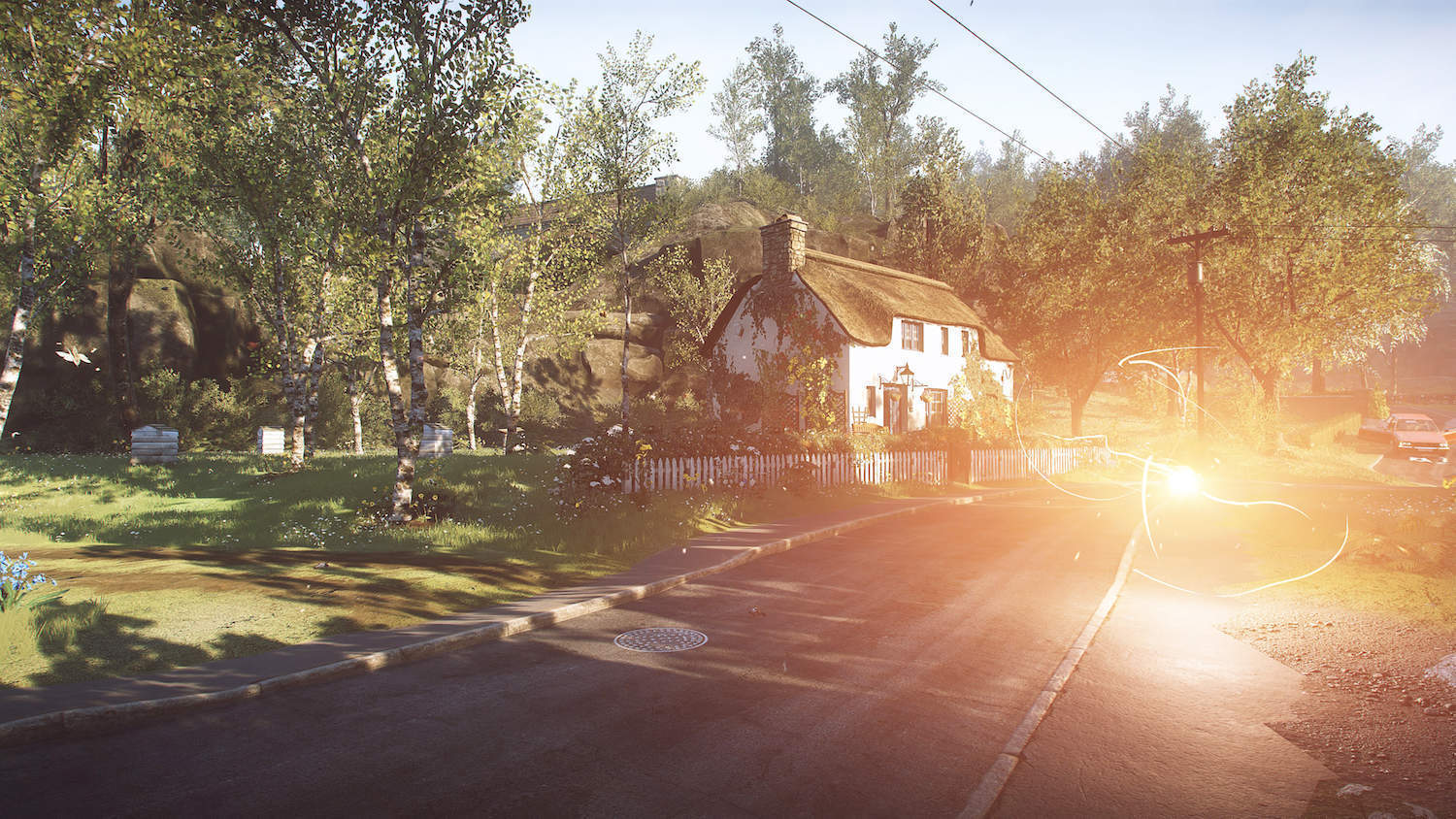
Ask anyone who works in classical music what the biggest challenge of their job is, and they will unfailingly reply: getting young people to listen to it. Studies from around the world routinely find that audiences skew towards those aged over 60, and sales of recordings and concert tickets are declining. The image of the repertoire as elitist and contemporary compositions as inaccessible lingers despite diversity and access initiatives. It’s no surprise that headlines regularly surface asking the depressing question “is classical music dead?”.
Yet millions of people are listening to hours of contemporary classical music every week, and they might not even know it. They do it while they play video games.
In the past two decades, as video game production has become yet more sophisticated, the games industry has increasingly looked to contemporary composers to write its soundtracks. Just as Hollywood film studio executives turned to established composers like Aaron Copland and Dmitri Shostakovich in the early twentieth century, today’s games designers are using the best composition talent to augment the experience of playing their titles. There is plenty of crossover between the film and games music worlds, too – Hans Zimmer, who wrote the music for Gladiator and Dunkirk, also works for games like Modern Warfare, for instance.
The best games music stays with you long after you finish playing. I still find myself humming the theme from Civilisation III at moments of distraction, even though I binned the game with a load of other defunct CD-ROMs about ten years ago. Whether it’s a strategy, world building game like that, or a first person shooter like Doom, music is integral to drawing the player into the atmosphere of a game. Take the huge hit from 1997, GoldenEye 007, which modified the original musical themes from the Bond film it was pegged to for its soundtrack. The music is complex, clever, and surprising – a lot like the game, which incidentally was much better than the 1995 Pierce Brosnan film it was based on.
As independent games studios have grown in prominence over the past few years, more and more experimental music has been commissioned for video games. For the 2008 game Dear Esther, a ghost story exploration game set in the Hebrides, composer Jessica Curry used an eerie blend of strings, voice and synths to help move the player through different narrated and quest elements. Curry is a co-founder of The Chinese Room, a Brighton-based game development studio, and also composed the music for Everybody’s Gone to the Rapture, a pastoral apocalyptic adventure game. Her themes are stunningly beautiful, often with melancholy vocal melodies, and add immeasurably to the player’s experience of searching a small English village for friends and relations. Her music is also unapologetically “classical” in its tone – she uses lots of traditional conventions and performance techniques to get her effects.
Live performances of video game music have a long history, too. The Japanese conductor Koichi Sugiyama pioneered the format with his Orchestral Game Music Concerts in Tokyo in the mid-1990s, which featured, among other things, the music he composed for the Dragon Quest series. Inspired by Sugiyama, in the early 2000s the German conductor Thomas Böcker created the award-winning Games Concerts series. He has since worked on similar programmes around the world, including with the London Symphony Orchestra.
Increasingly, video game music has been recognised as a major cultural product. The BAFTA Games Awards were first held in 2004, and include a category for original music. Classic FM now routinely plays video game music as part of its general playlist, and several games pieces – such as Nobuo Uematsu’s theme for Final Fantasy, Jeremy Soule’s work for The Elder Scrolls and Grant Kirkhope’s pieces for Banjo Kazooie – have appeared in its annual “Hall of Fame” listener poll.
In order to reflect the status and popularity of video game music, in April this year the station launched the first programme on British radio dedicated to it, titled High Score. Hosted by Jessica Curry, it explores particular themes within games music (such as romantic scenes and adventurous quests) and plays listener requests. The first series became the most downloaded in Classic FM’s history, so unsurprisingly Curry returned on 4 November with another run of six episodes.
In the US, the interview-focused podcast Level does something similar, with host Emily Reese interviewing games music composers about their work and inspiration. The range of subjects it (and Reese’s previous show, Top Score) encompasses is huge: from the music for Candy Crush to the baroque influences of the soundtrack for Assassins Creed.
Classical music purists might turn their noses up at video game music (I can’t imagine BBC Radio 3 being broadminded enough to start playing it any time soon) but they do so at their peril. Games music is as diverse, innovative and exciting as the composers who write it, and the games industry is providing the resources for plenty of talented young people to develop sustainable careers in composition. Above all, they have a vast global audience listening to their music. An art form that is so widely consumed deserves to be taken seriously.






